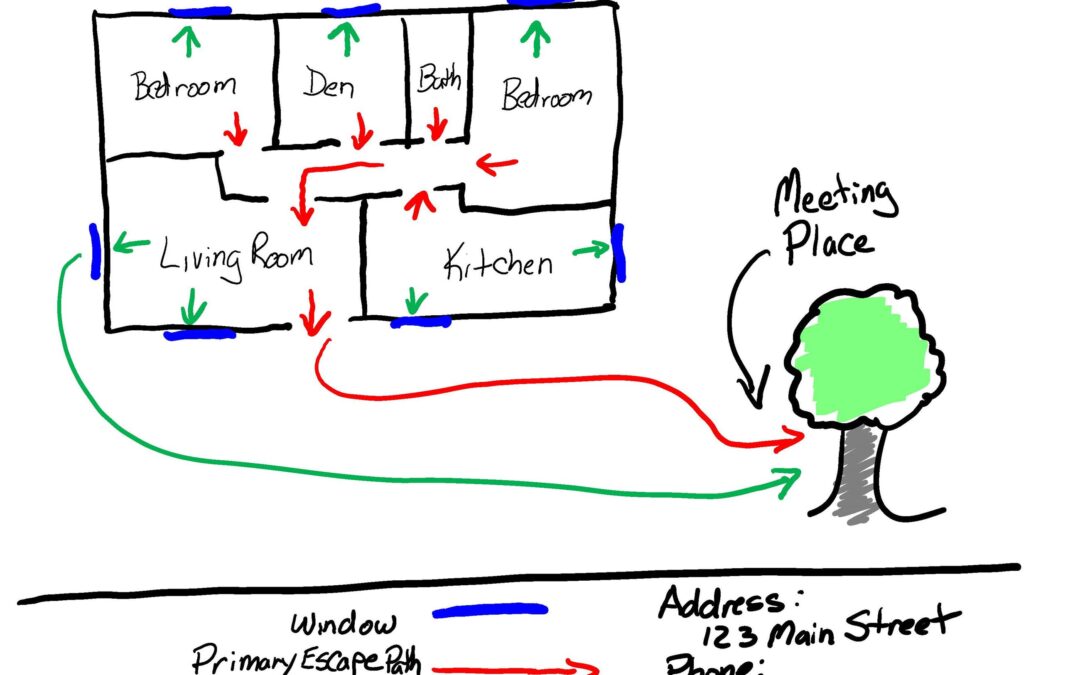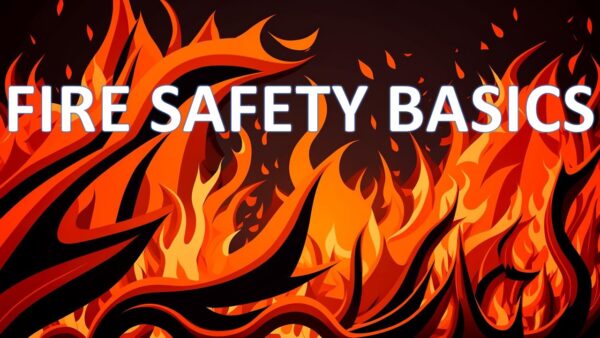
In our daily lives, we often take for granted the safety and security of our homes and workplaces. However, one of the most serious threats to this safety is the risk of fire. Understanding basic fire safety is crucial for everyone, as it can make the difference between a manageable situation and a catastrophic one. In this blog post, we’ll explore fundamental principles of fire safety to help you protect yourself, your loved ones, and your property.
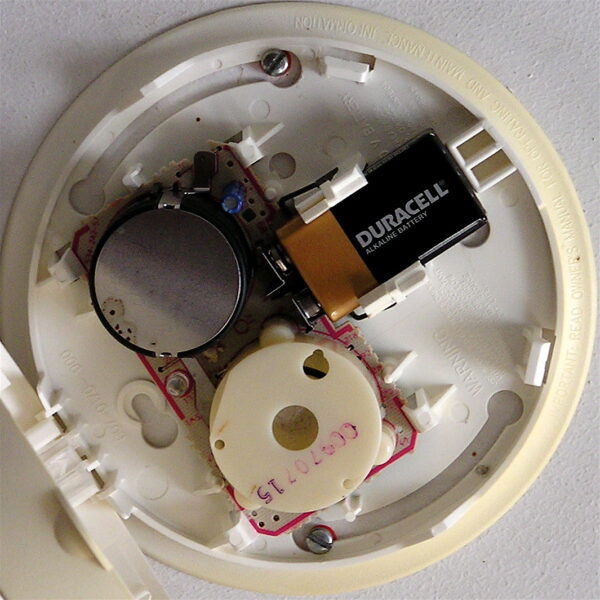
Install and Maintain Smoke Alarms: The first line of defense against a fire is a working smoke alarm. Install smoke alarms in key areas of your home, such as bedrooms and hallways. Test them monthly to ensure they are functioning correctly, and change the batteries at least once a year. These small devices can provide early warnings that are essential for a safe evacuation.
Create an Escape Plan: A well-thought-out escape plan is critical in case of a fire emergency. Sit down with your family or housemates to discuss and practice escape routes from each room. Designate a meeting point outside the home where everyone can gather to ensure that everyone is safe. Practice the escape plan regularly, especially if there are changes in the layout of your living space.
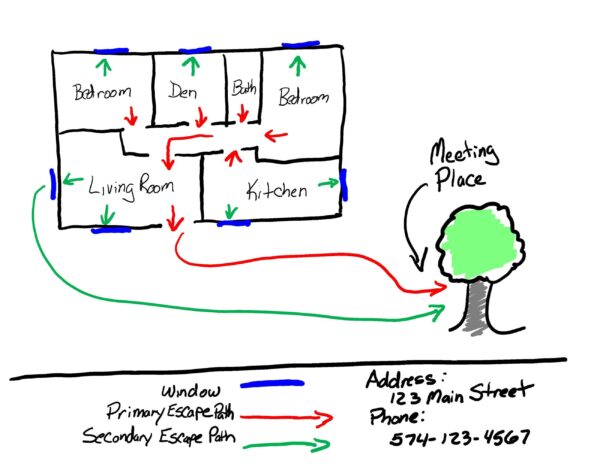
Know Your Fire Extinguishers: Different types of fires require different types of extinguishers. Class A extinguishers are suitable for ordinary combustibles like wood and paper, while Class B extinguishers are designed for flammable liquids. Class C extinguishers are for electrical fires, and Class K extinguishers are for kitchen fires. Ensure you have the right type of extinguisher in the appropriate locations, and familiarize yourself with their proper usage.
Kitchen Safety: The kitchen is a common hotspot for fires due to cooking activities. Never leave cooking unattended, and keep flammable items, such as dish towels and paper towels, away from heat sources. In case of a grease fire, never use water to extinguish it; instead, use a fire extinguisher or cover the flames with a metal lid.
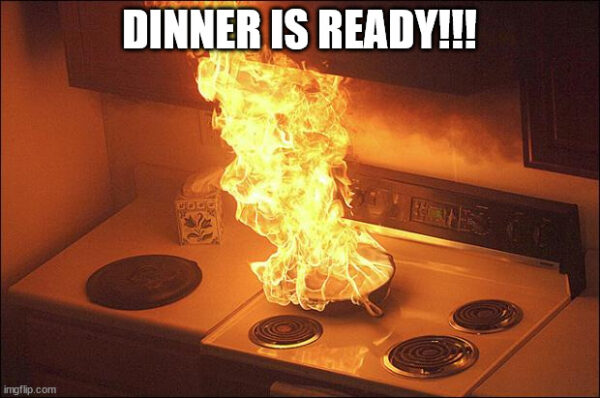
Electrical Safety: Overloaded circuits and faulty wiring are common causes of electrical fires. Avoid overloading outlets and extension cords, and replace or repair damaged electrical cords immediately. If you notice sparks or a burning smell, investigate and address the issue promptly.
Be Mindful of Flammable Materials: Keep flammable materials like gasoline, propane, and cleaning products stored in a safe and well-ventilated area, away from heat sources and direct sunlight. Dispose of oily rags properly, as they can spontaneously combust if not handled carefully.
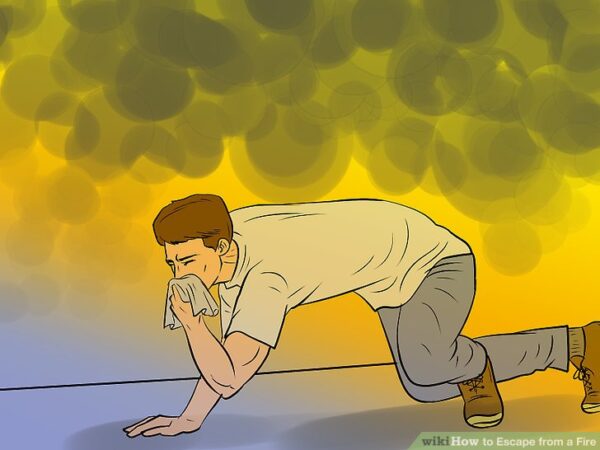
Stay Low in Smoke: If a fire occurs, stay low to the ground where the air is cleaner. Crawl to the nearest exit to avoid inhaling toxic smoke, which can be just as dangerous as the flames.
Conclusion:
By incorporating these basic fire safety measures into your daily life, you can significantly reduce the risk of a fire-related tragedy. Taking the time to educate yourself and your household on these principles could be the key to ensuring everyone’s safety in the event of an emergency. Remember, when it comes to fire safety, preparation is the best defense.
Dan has been around the fire equipment industry almost his whole life. His father, Robert, was the owner of Kamp Fire Equipment in Paterson, NJ and a founder of NJ Fire Equipment in Rockaway, NJ. He learned to use a computer by entering paper invoices into an electronic spreadsheet. Now Dan leads the Marketing efforts for Encore Fire Protection in their East Hanover, NJ location.

